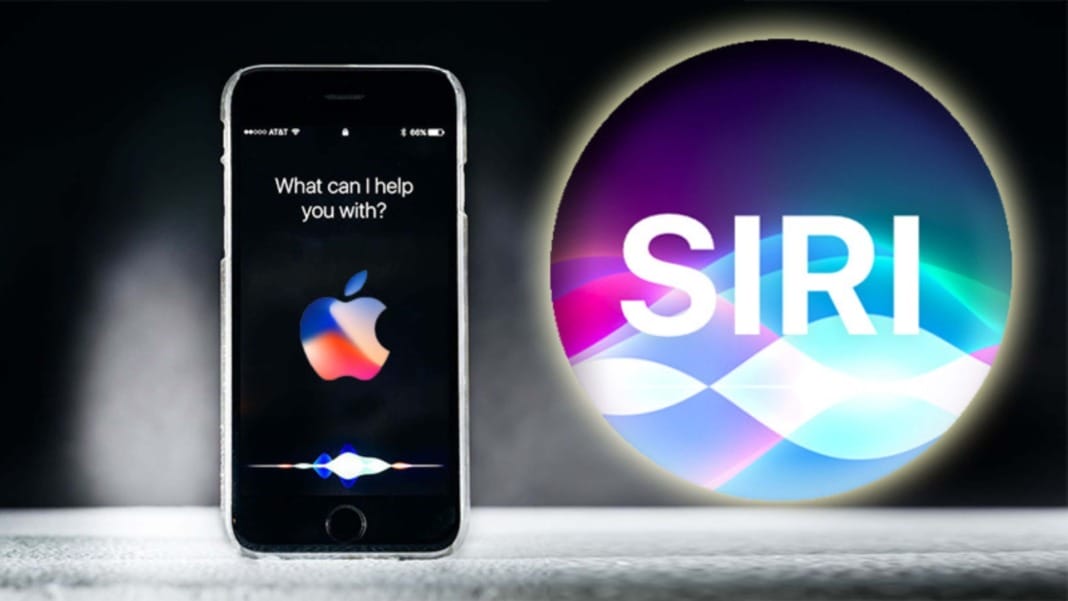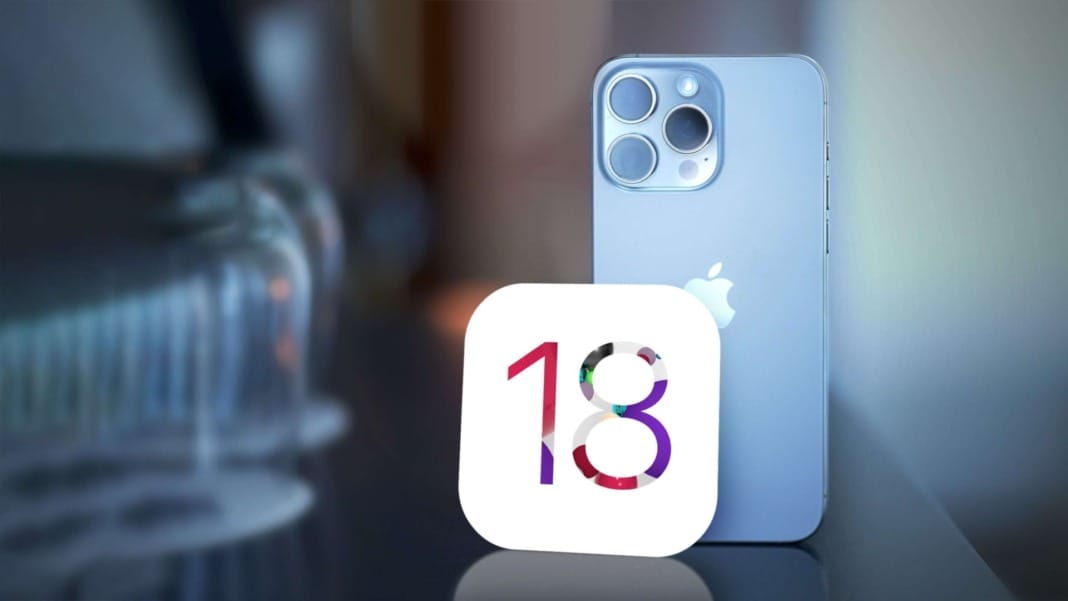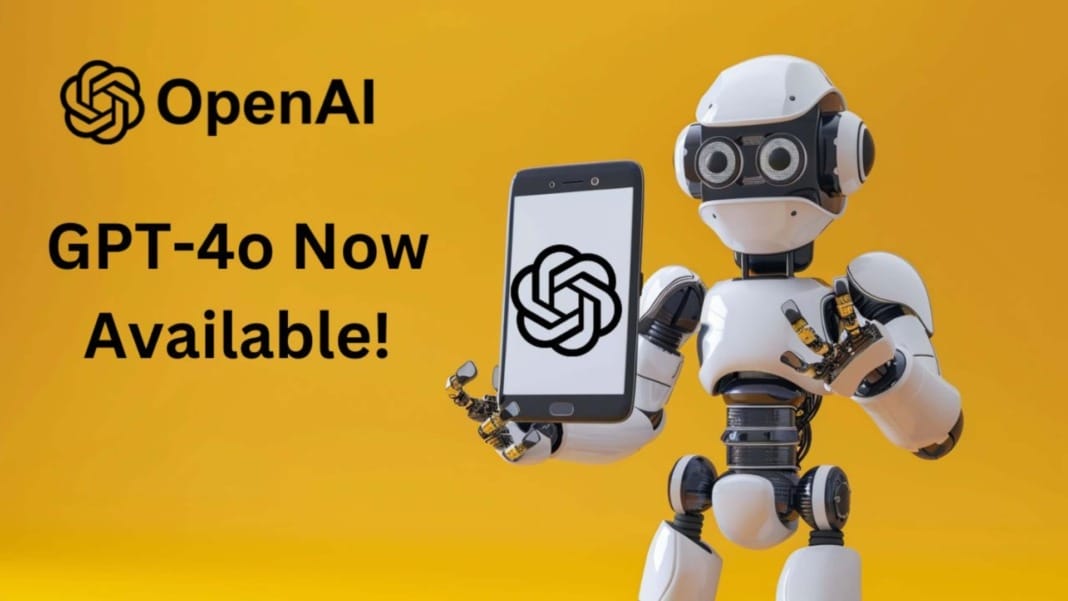The New York Times has detailed Apple’s strategy for artificial intelligence, suggesting that a more advanced Siri with generative AI capabilities could become its main focus.
The release of OpenAI’s ChatGPT last year showcased the power of generative AI to write code, answer intricate questions, and maintain conversations. This innovation spurred Apple’s software executives to reassess their priorities, resulting in a significant internal reorganisation.
The New York Times reports that this internal shift was a major reason behind Apple’s decision to abandon its electric car project. Even after spending over US$10 billion, Apple chose to redirect its efforts towards developing generative AI tools to protect its key iPhone business.
The risk to Apple’s iPhone business
If Apple fails to keep up with generative AI advancements, it could endanger the iPhone’s dominance. The rise of AI-driven apps and services could make the App Store less relevant. To counter this, Apple plans a substantial update to Siri within the year. This is part of a wider strategy to integrate generative AI throughout Apple’s products and services, ensuring it remains a leading player in the tech industry. Insiders reveal that Siri will soon operate on a new generative AI platform, enhancing its conversational and adaptive abilities.
What’s next for Apple’s AI?
Apple is expected to unveil more about its AI initiatives at the WWDC 2024 conference. Reports hint at a potential partnership with OpenAI to incorporate ChatGPT features into the iPhone or a collaboration with multiple partners to embed generative AI into iOS 18.
These developments illustrate Apple’s dedication to innovation and its commitment to staying at the forefront of technological advancements by incorporating generative AI into Siri and beyond.





